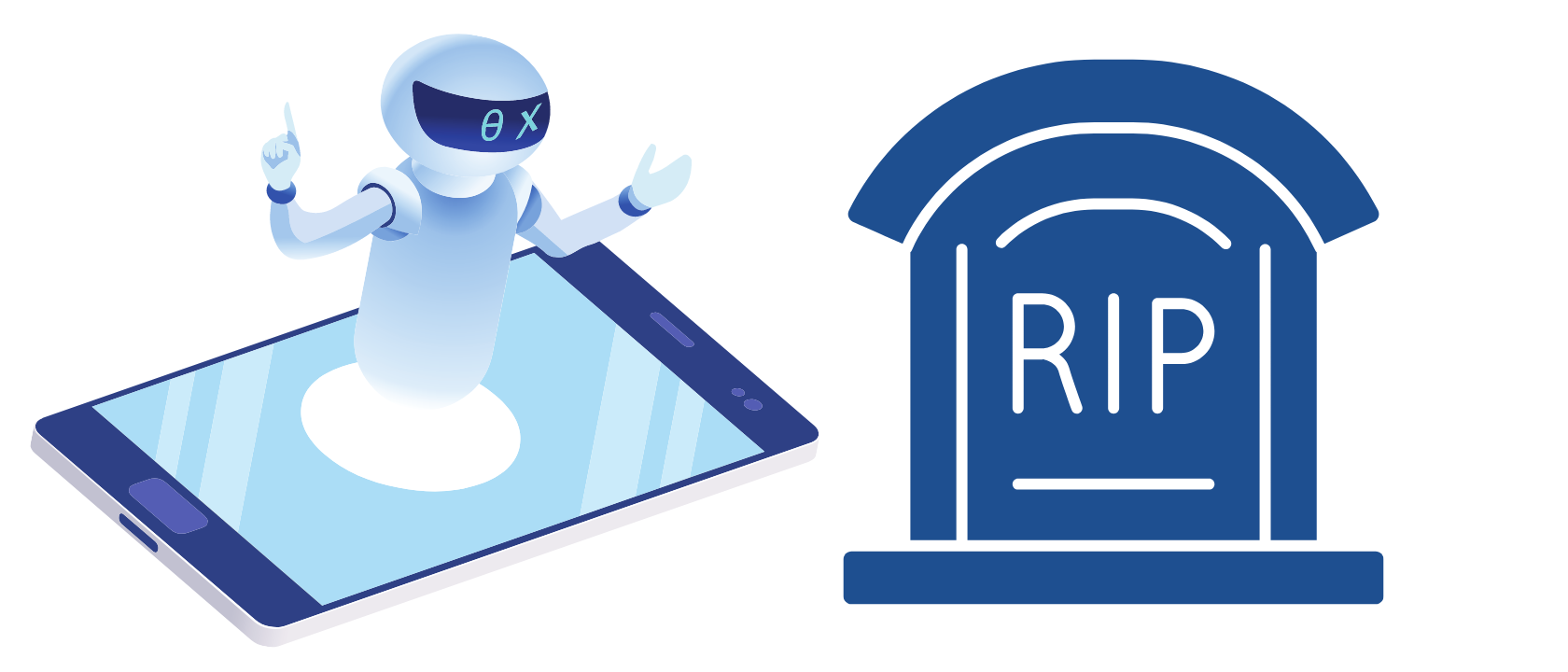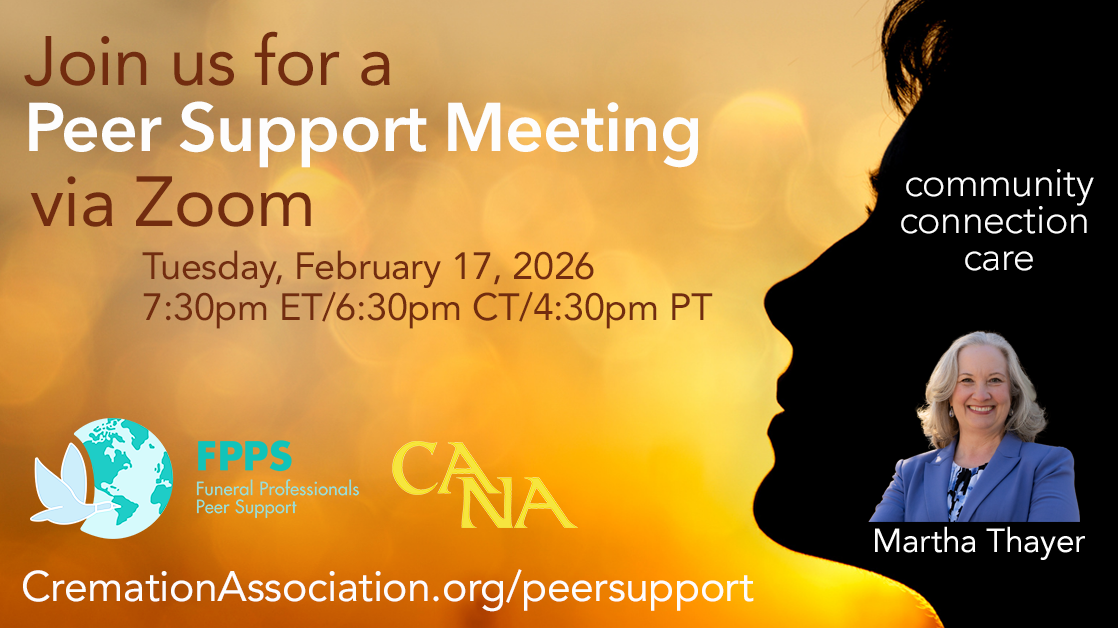AI Can Tell You When You’ll Die
Seriously. Artificial intelligence (AI) has real superpowers; they’re all over the news. This is just another one: AI can identify heart patients who don’t have long to live.
Using video scans of the heart, researchers at Geisinger Health System developed an algorithm efficient at identifying warning signs of mortality by heart failure. Eventually the algorithm “outperformed” the other clinical predictors used by doctors to identify patients who could die within a year’s time, and is now being applied by cardiologists as part of their process of determining therapeutic interventions for patient care.
Chris Haggerty, Ph.D., Assistant Professor in the Department of Translational Data Science and Informatics, stated, “We were excited to find that machine learning can leverage unstructured datasets such as medical images and videos to improve on a wide range of clinical prediction models.”
Why AI?
So why AI? The answer is simple: efficiency. Programming just works faster.
Imaging is a critical component of patient treatment in nearly all branches of medicine; sophisticated, high-quality images provide great depth of diagnostic potential. What may be missed if we don’t possess a lens refined enough to fully assess these high-resolution results? There may be wasteful, possibly fatal, omissions in a physician’s next considerations; AI gets through more, thoroughly, in less time.
A single ultrasound of the heart, for example, yields thousands of images. How many and how closely results such as those may be considered has a direct bearing on the course of a patient’s care.
Sounds like something out of the X-Files
AI is just a particular type of computer code with a specific job. Kind of like how an app has a job: you have your messages app, or your calculator app, and so on, each with its specific job to do. The heart scan AI selects information from the data it’s given for a specific result – in this case, identifying heart failure indicators from echocardiogram videos.
It’s written just for this purpose, trained to know what the right kind of electrocardiogram looks like, and what potentially-fatal electrocardiograms look like. The AI has learned on a dataset of over 800,000 electrocardiograms, taken over a period of ten years, from more than 35,000 heart patients. By now it knows a problem when it sees one.
Additional studies are underway seeking indicators of premature death by evaluating health and lifestyle factors, as well as measuring heart weakening in specific areas of the heart’s anatomy.




